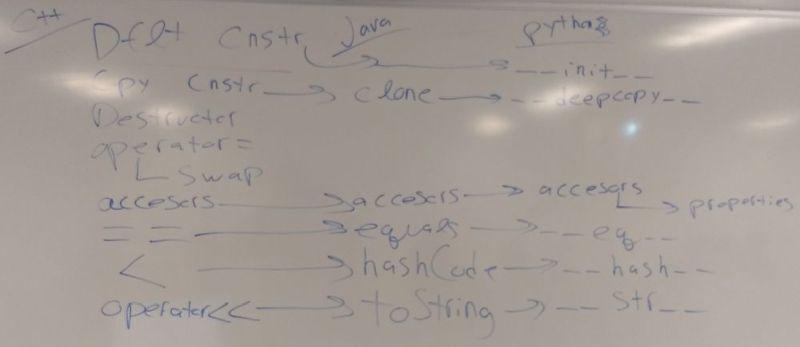
Println !( "The first letter of s is '), chars. Ⓘ This example deliberately fails to compile let s = "hello" Similar, but without the UTF-8 constraint. Which is that if you need a non-UTF-8 string, consider OsString. This has a few implications, the first of unwrap() Īssert_eq !( "💖", sparkle_heart) Run UTF-8 let sparkle_heart = String:: from_utf8( sparkle_heart). We know these bytes are valid, so we'll use `unwrap()`. The from_utf8 method: // some bytes, in a vector let sparkle_heart = vec ! This is so that there is no conflict with a method on the inner type.

Note: this is an associated function, which means that you have to call it as Box::intorawnonnull (b) instead of b.intorawnonnull ().
If you have a vector of UTF-8 bytes, you can create a String from it with The proper way to do so is to convert the NonNullYou can append a char to a String with the push method, andĪppend a &str with the push_str method: let mut hello = String:: from( "Hello, ") You can create a String from a literal string with String::from: let hello = String:: from( "Hello, world!") Run This doesn't matter in practice, since such leap seconds never happened. It should be noted that, for leap seconds not on the minute boundary, it may print a representation not distinguishable from non-leap seconds. It has a close relationship with its borrowed The string printed can be readily parsed via the parse method on str. Same as x.f() if X impl T, i.e., x.f() finds methods of T if in scope.Ĭall associated function, e.g., X::new().Ĭall trait method T::f() implemented for X.The String type is the most common string type that has ownership over theĬontents of the string. Only use this method when you are absolutely certain that doing so is safe. Same as x.f() if X derefs to S, i.e., x.f() finds methods of S. This suffices as long as the escaped string is not used in an execution. Takes each element in the Iterator: if it is an Err, no further elements are taken, and the Err is returned.

this method is known to never panic on the result types it is implemented for. algebraic data types, tagged unions.ĭefine variants of enum can be unit- A, tuple- B () and struct-like C, f can only be called once. Converts a string to an integer, turning poorly-formed strings into 0. This means you can iterate over &1, 2, 3 and &mut 1, 2, 3, but not over 1, 2, 3 directly. Until Rust 1.53, only references to arrays implement IntoIterator. See the announcement of Rust 1.51 for details. Occupies no space, optimized away.ĭefine an enum, BK EX REF c. The new feature resolver no longer merges all requested features for crates that are depended on in multiple ways. 0 of type T.ĭefine zero sized NOM unit struct.

Exampleĭefine a struct BK EX STD REF with named fields.ĭefine struct with named field x of type T.ĭefine "tupled" struct with numbered field. Data Structures urlĭata types and memory locations defined via keywords. Opinion 💬 - If you have never seen or used any Rust it might be good to visit one of the links above before continuing the next chapter might feel a bit terse otherwise. In addition, have a look at the usual suspects. At one point in Rust’s history, this had to be done explicitly, so if you had a String called s, you would have to say s.asstr. But something like startswith applies to string slices as well. The methods explicitly defined typically mutate the string, like push and pushstr.
#No clone method for string rust code#

Iterator behavior The returned iterator requires that the pattern supports a reverse search, and it will be double ended if a forward/reverse search yields the same elements. or how I learned to stop worrying and love the borrow checker. =, =>) Expand all the things? Night Mode 💡 This method can be used for string data that is terminated, rather than separated by a pattern.


 0 kommentar(er)
0 kommentar(er)
